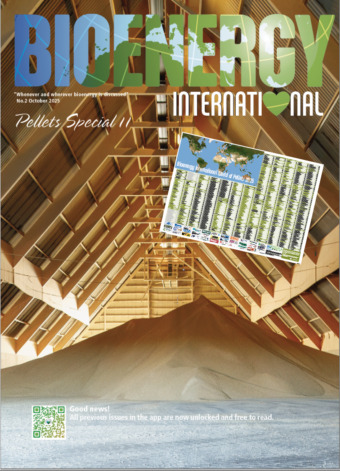In the United States (US), the Environmental Protection Agency (EPA) has approved the registration and use of a new renewable gasoline blendstock. Developed by Vertimass, LLC, this blendstock uses the Department of Energy's (DOE) Oak Ridge National Laboratory (ORNL) technology that can significantly reduce the emissions profile of vehicles when added to conventional fuels.
The low-cost, biomass-derived blendstock blends up to 20 percent of the VertiGas20 green gasoline product with conventional gasoline.
It is made from renewable ethanol produced by a method called Conventional Alcohol Deoxygenation and Oligomerization (CADO), a technology invented at ORNL.
Energy-dense renewable hydrocarbon
Upgrading ethanol using CADO resulted in a more energy-dense hydrocarbon product that can be blended at higher quantities without changes to car and truck engines.
According to Vertimass, the use of the blendstock could eliminate 560 billion pounds of new carbon dioxide (CO2) accumulation in the atmosphere as it replaces a portion of the fossil fuels required for conventional gasoline production.
After licensing the technology, Vertimass collaborated with ORNL, DOE’s Bioenergy Technologies Office (BETO), and others, to optimize CADO, test it under varying conditions, analyze the techno-economic and life-cycle sustainability of the process, and develop data for commercialization.
Further technology development
Vertimass is also refining the technology to produce renewable propane and chemical feedstocks for other products like plastics, nylon, paints, and detergents.
The company has entered into an agreement with UGI Corporation to produce sustainable aviation fuel (SAF) and bioLPG, with a goal of 20 production plants over 15 years.
The project was supported by the BioEnergy Science Center at ORNL, which is funded by BETO, the DOE Biological and Environmental Research program, and ORNL’s Laboratory-Directed Research and Development program.



